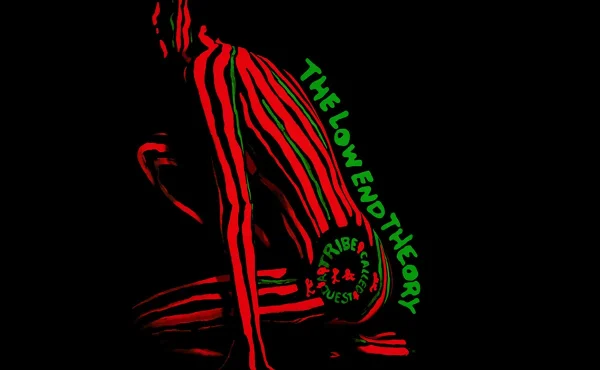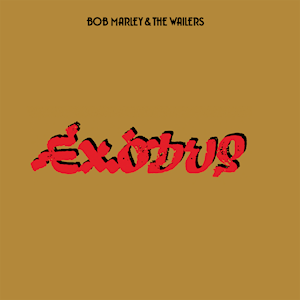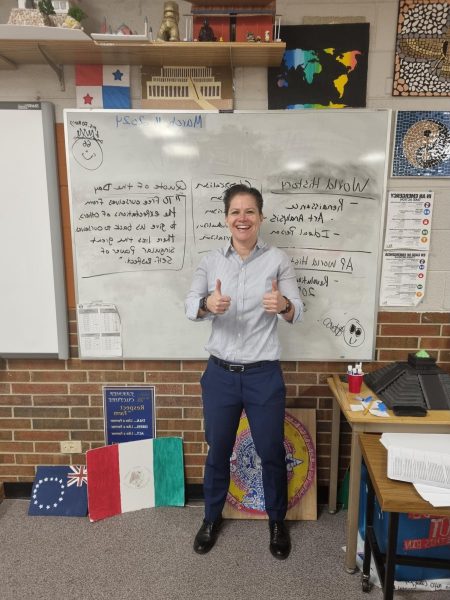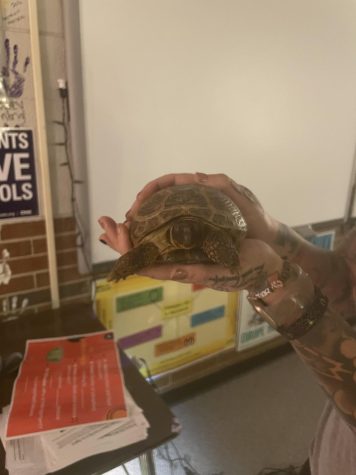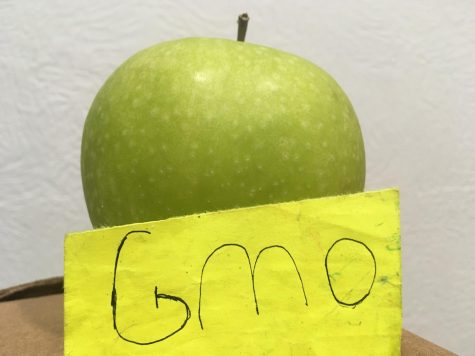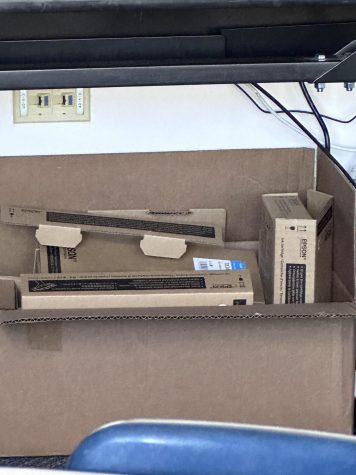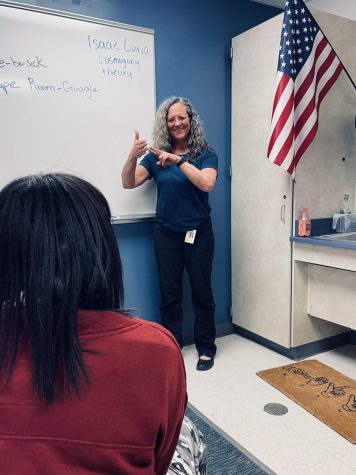Recycling of Everyday Material Benefits Earth
September 7, 2019
What Is Recyclable at School?
One person makes four pounds of trash each day, which is about 1.5 tons of solid waste per year. In fact, Americans make more than 200 million tons of trash each year, but only 1.5 pounds of trash is recycled and reused. In school, however, you can recycle things you use every day! But, you don’t have to throw every piece of trash you have with you into the recycling bins.
From the plastic forks in the cafeteria all the way to the unused school paper, there are many things that can be used for recycling, especially at school. In school, trash is more popular than recycling, especially during lunchtime. More often than not, trash that can be reused and recycled is being tossed away into the trash can. Even when recycling is in effect, the trash in the recycling bin is not reusable, or need to be recycled in a special way.
Paper
Things that can be recycled are things you use every day, but cannot use anymore, or have too much of. One of these is paper; like lined paper, computer paper, and even shredded paper! The paper could even have little doodles on them, or graded papers you don’t plan on keeping. More of these everyday school things, like books or plastic forks, can be recyclable on an everyday basis. However, there are things that you use every day that cannot be recycled.
Pens and Pencils
Things that you cannot recycle are also things you use every day at school. Pens are one thing. Pens are recyclable but are in a certain type of recycling as the pen is made of metal, and the ink cartridges are to be separated from the pen and be put through a different way of recycling (See Other Special Items to learn how to properly dispose of ink cartridges). Another one of these things is pencils. It may seem like they would be a good thing to recycle, the wooden ones at least, but once the pencils are made, the wood is changed and tarnished away and the pencil is no longer recyclable. Mechanical pencils are a different story, however, because they are made with material that is reusable, but not recyclable.
Folders and Notebooks
Finding things to store your schoolwork and school notes are important and will help you be more organized with your things rather than lose them in everything you have in your backpack. However, not everyone uses only one folder all year long, and what if you need a new one since your old one broke? What will you do with a broken folder? Well, folders are things that can be recycled and reused; however, you will need to double-check before you recycle the folder in case the material is not recyclable. For future purchases, it is better to use a binder that is 100% recyclable to store everything in, along with saving space in your bag. For folders, they are recyclable, if not damaged or tainted. As long as the folder can still be used again, it is recyclable. For notebooks, it is slightly different. For spiral notebooks, you can recycle the paper and the metal in the spiral, but the metal will need to be recycled in a special place rather than in any recycling bin. The plastic from the spiral will need to be thrown away rather than recycled. For composition notebooks, in Colorado, it is okay to recycle the composition notebook in one piece, but know that it is different outside of Colorado in some places.
Binders
Binders are also known as “loose-leaf-notebooks,” and help carry all your school supplies with you. But, much like folders and notebooks, they can fall apart. For binders, the 3-ring binders are 100% recyclable, which is why once your binder is broken or you don’t need it, it is better to recycle rather than throw it away. According to greenlivingideas.com, many binders are being thrown away after each school year, and recycling one instead of throwing it in the garbage can really make a huge impact on society, and less of the need to make or buy more binders for next year.
Books
There are many different varieties of books. Magazines, newspapers, paperback books, hardcover books, and even eBooks! But, only some are recyclable. For magazines, newspapers, and paperback books, you can recycle them just as they are. Some programs will even accept them online for no fee of delivery or such. With hardcover books, it is a bit more complex. Some programs specifically exclude hardcover books because of the binding. But if you remove the binding, it can help with the recycling process.
Water Bottles
Many people use plastic water bottles every day, but very few get actually recycled. Most plastic water bottles are used by people at work, people at school, and people who do sports. But, only a short few get recycled. The condition that they are in doesn’t matter, as long as they are not filled with any non-recyclable things (example, mold). They can be crushed, cracked, or even smashed and can still be recycled. For non-plastic water bottles, it depends. For metal water bottles, you cannot recycle. Recycling companies will not accept them, and it is better to sell them or throw them away rather than to try to recycle. Glass water bottles can be recycled, much like jars are since glass is, in fact, 100% recyclable.
Other Special Items
These items are everything that you use in school that cannot be in just any recycling bin. These items include ink cartridges, printer cartridges and more. Ink cartridges need to be recycled in more of a special way than other recyclable or reusable materials. For empty ink cartridges that you do not wish to refill or reuse anymore, you need to dispose of them in a certain trash can that also disposes of personal electronics. These kinds of recycling bins aren’t just anywhere, they are usually in some places like Target, or can even be recycled online through certain recycling websites. The printer cartridges are a little different, however. For empty printer cartridges, for both at home and at school, you can ship the empty ones off for a refill or a trade-in. However, if you no longer have the desire for your cartridges, or they are no longer reusable, you can go into certain stores to get rewards by putting them in. Staples often gives you $2 in rewards for turning in empty cartridges, either ink or printer.
In the end, the schools run differently with how things are recycled, and these are just the simplest everyday school things you use or are going to use later on in the year. This doesn’t cover everything, obviously, but it gives you a better understanding of what is recyclable in school, and what is not.



